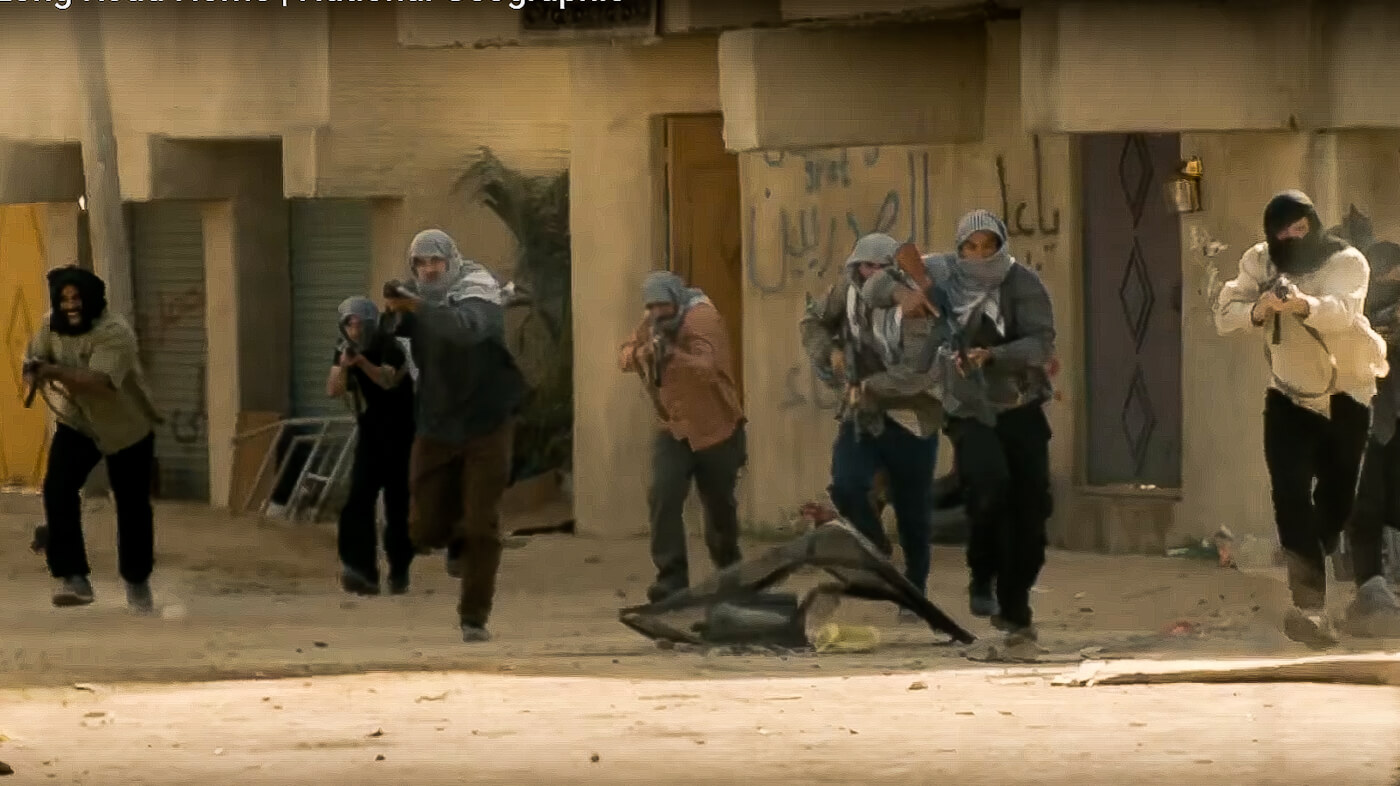Source: Mint Press News
The US Army provided such extensive support for National Geographic's drama, The Long Road Home, that the series likely could not have been made without Pentagon approval.
February 07th, 2019 • By Tom Secker
The National Geographic drama series, "The Long Road Home," tells a version of the story of the battle for Sadr City in 2004, a key moment in Iraq War, and newly-released emails and other documents from the United States Army detail the extensive military support for the TV series and how the Pentagon repeatedly bent its own rules on providing assistance to entertainment productions.
Until April 2004, Sadr City was one of the quietest areas of Baghdad and coalition troops stationed there saw little action. That all changed on the night of April 4, known as 'Black Sunday.' Muqtada al-Sadr, the leader of a prominent Shia militia, had his newspaper shut down by Paul Bremer, leader of the Coalition Provisional Authority.
A few days later, one of al-Sadr's top lieutenants was arrested. This sparked a vicious retaliation from the Sadrist movement, which ambushed a routine U.S. Army patrol in Sadr City and then attacked the forces sent in to retrieve them. It was a harbinger of what was to come, as the multi-form insurgency against the Western occupation of Iraq rapidly grew in size and violence in the following years.
The unanticipated siege of Sadr City was writ large across much of the country, with coalition forces frequently struck by attacks from unexpected sources. Back home in the U.S., the death of Army Specialist Casey Sheehan in the Sadr City battle saw his mother, Cindy, become one of the foremost anti-war voices in the country.
"The Long Road Home," based on the book of the same name, portrays the Pentagon-approved version of this story.
Emails released under the Freedom of Information Act (FOIA) show that the Army considered refusing the producers’ requests for assistance but felt that this would risk "loss of ability to shape the Army portrayal and inclusion of Army messaging."
One example of this "messaging" is that the series omits the context involving al-Sadr's newspaper and opens with the attack on the patrol. Chris Henrikson, a veteran and outspoken critic of the Iraq War, highlighted this omission, commenting, "Much easier to hate the enemy when they attack for no reason."
Please go to Mint Press News to read the entire article.
________
Related reading:
Pentagon Looking to Step up Its Disinformation Warfare
From the MPN article posted above, Paul Bremer intentionally shut down Muqtada al-Sadr's newspaper in Sadr City to cause as much chaos and anger as possible since it was never the intention to allow for the orderly establishment of any government at all in Iraq.
9/11 Designed to "Pivot East" With China's Belt & Road Initiative

No comments:
Post a Comment
Note: Only a member of this blog may post a comment.